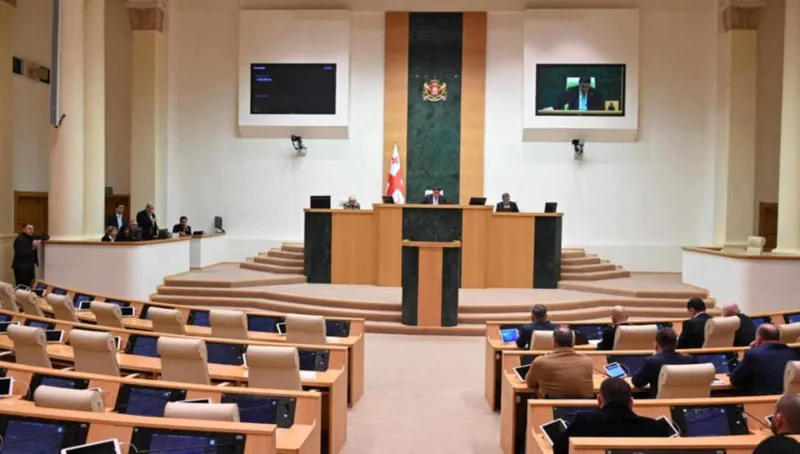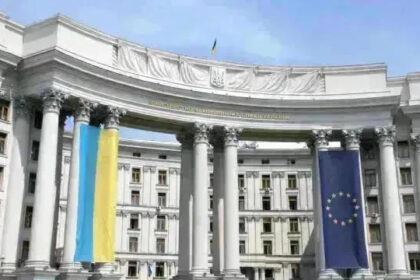**Parliament Approves Amendments to Ban Political Parties**
In a unanimous vote, the Parliament has approved a package of legislative amendments related to the banning of political parties. The amendments were adopted in the third reading and aim to strengthen the laws governing political unions and the Constitutional Court.
The key changes introduced by the draft law allow the Constitutional Court to ban a party if its purpose, activities, and personnel are similar to those of a party that has already been banned by the court. This move is seen as an effort to prevent the proliferation of identical or almost-identical parties that might be used to circumvent existing regulations.
One of the most significant changes introduced by the draft law relates to the deadline for issuing a decision on a lawsuit related to a party’s constitutionality. Initially, the proposal suggested that the Constitutional Court should make a decision within 9 months from the filing of the lawsuit. However, during the discussion process, this timeframe was adjusted. Under the final version of the draft law, the court will now be required to make a decision within 14 days, regardless of whether it’s an election or non-election period.
**Commentary**
The approval of these amendments marks a significant shift in Georgia’s political landscape. The government has been keen to strengthen its grip on the country’s political system, and this move is seen as a key step in that direction. However, critics argue that such measures could have far-reaching consequences for the country’s democratic development.
By giving the Constitutional Court more power to ban parties, the Parliament may be inadvertently stifling political diversity and creativity. The fact that multiple parties can now be banned if they share similar characteristics raises concerns about the potential for abuse of power and the erosion of civil liberties.
**Deeper Analysis**
The adoption of these amendments also reflects a broader trend in Georgian politics, where the government is increasingly seeking to consolidate its authority. By tightening the screws on political parties, the ruling coalition may be trying to minimize opposition voices and ensure their own dominance in the run-up to future elections.
However, this move could ultimately backfire, as it may galvanize opposition forces and lead to increased polarization within society. The Georgian people are known for their resilience and ability to push back against authoritarian tendencies. As the country navigates these complex waters, one thing is clear: the fate of its democracy hangs in the balance.
Read More @ www.interpressnews.ge












